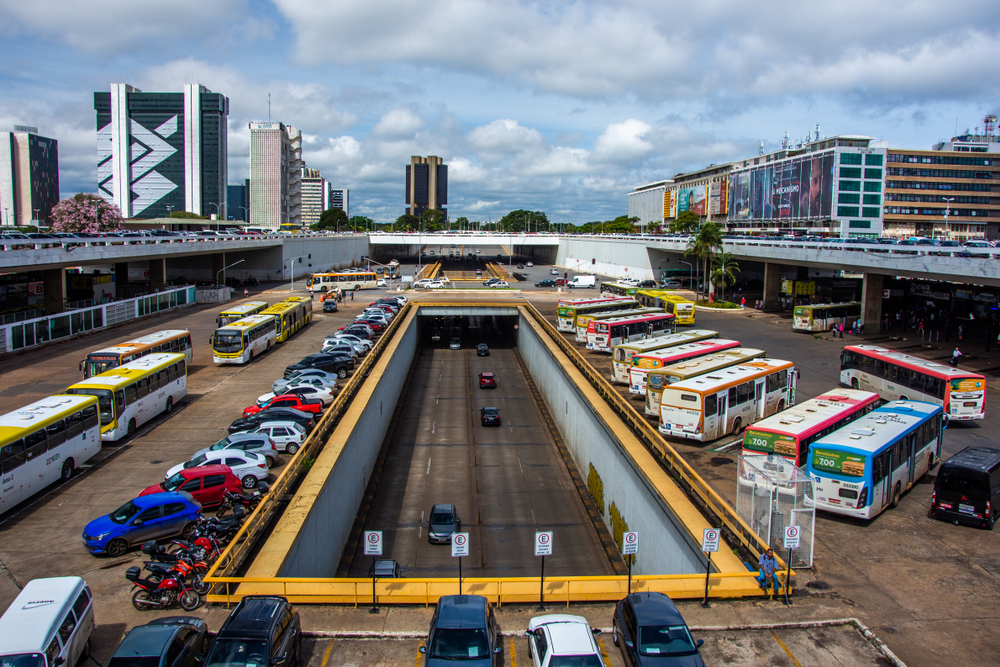Luís Roberto Barroso, a justice on Brazil’s Supreme Court, on Tuesday ruled that municipal authorities and transportation companies can offer free public transportation on Election Day without it being considered an electoral crime.
Brazilians go to the polls on October 30 for the second time in a month to elect their president (and multiple governors) in a runoff vote.
Justice Barroso issued his ruling in response to a petition filed by the Sustainability Network party (Rede). The Workers’ Party of frontrunner Luiz Inácio Lula da Silva had also held a meeting with the judge to request that he consider making transportation more accessible to voters. Prior to the first round of the election, Justice Barroso had decided not to make it compulsory for municipal authorities to offer free transportation on Election Day.
Abstention levels in the first round of the election on October 2 reached 20.9 percent, the highest rate since 1998. Rede argued that economic hardship and poverty among the most vulnerable voters had contributed to driving up abstention and that accessible transportation would help address that.
The Supreme Court justice acknowledged this in his ruling published on Tuesday. “Taking into account the country’s extreme social inequality, the current context of post-pandemic poverty, and the obligation to vote in Brazil, it is justifiable that public authorities cover the costs of transportation related to the exercise of this right and duty,” the document reads.
Mr. Barroso also noted that the cost of travel to and from a polling station is often higher than the fine for failing to vote. Brazilians who fail to vote without justification are fined a symbolic BRL 3.51 (USD 0.66). In Rio de Janeiro, one bus journey costs BRL 4.05.
The judge’s ruling does not make free transportation on Election Day a requirement, but it allows municipal authorities and local transport companies to make transportation routes free and advertise this without risking being accused of breaking electoral laws.
Ahead of the first round, President Jair Bolsonaro’s campaign had suggested that providing voters with free means of transport would constitute an electoral crime.
As noted by Rede and Justice Barroso, free transportation benefits poor voters — who tend to support Lula over Mr. Bolsonaro. The president, who is behind Lula in the polls, is currently engaged in a charm offensive to try and win over vulnerable voters ahead of the second round.


 Search
Search






































